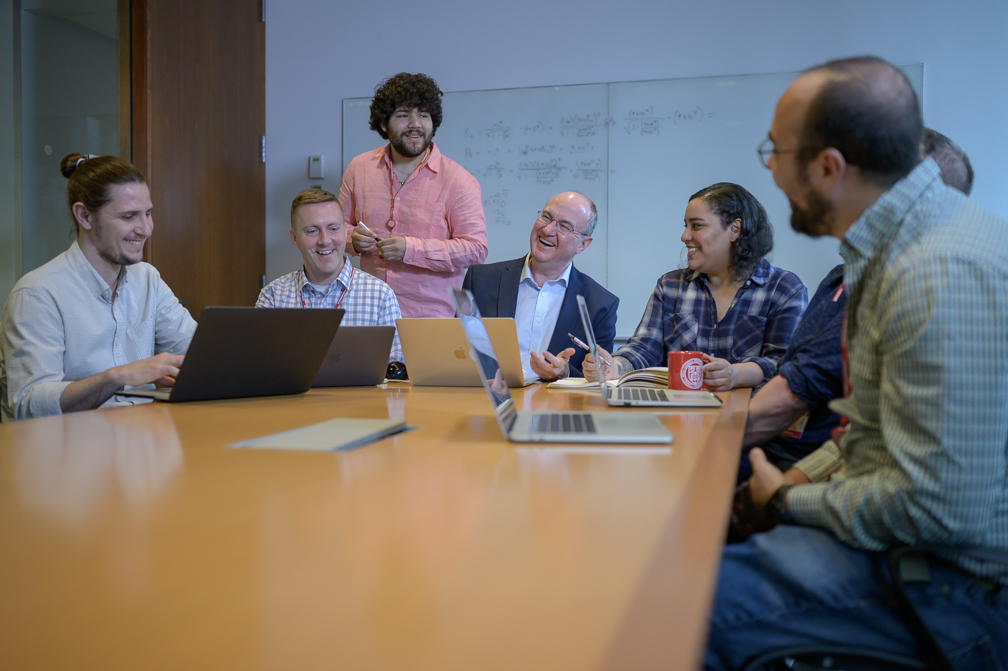
Leadership
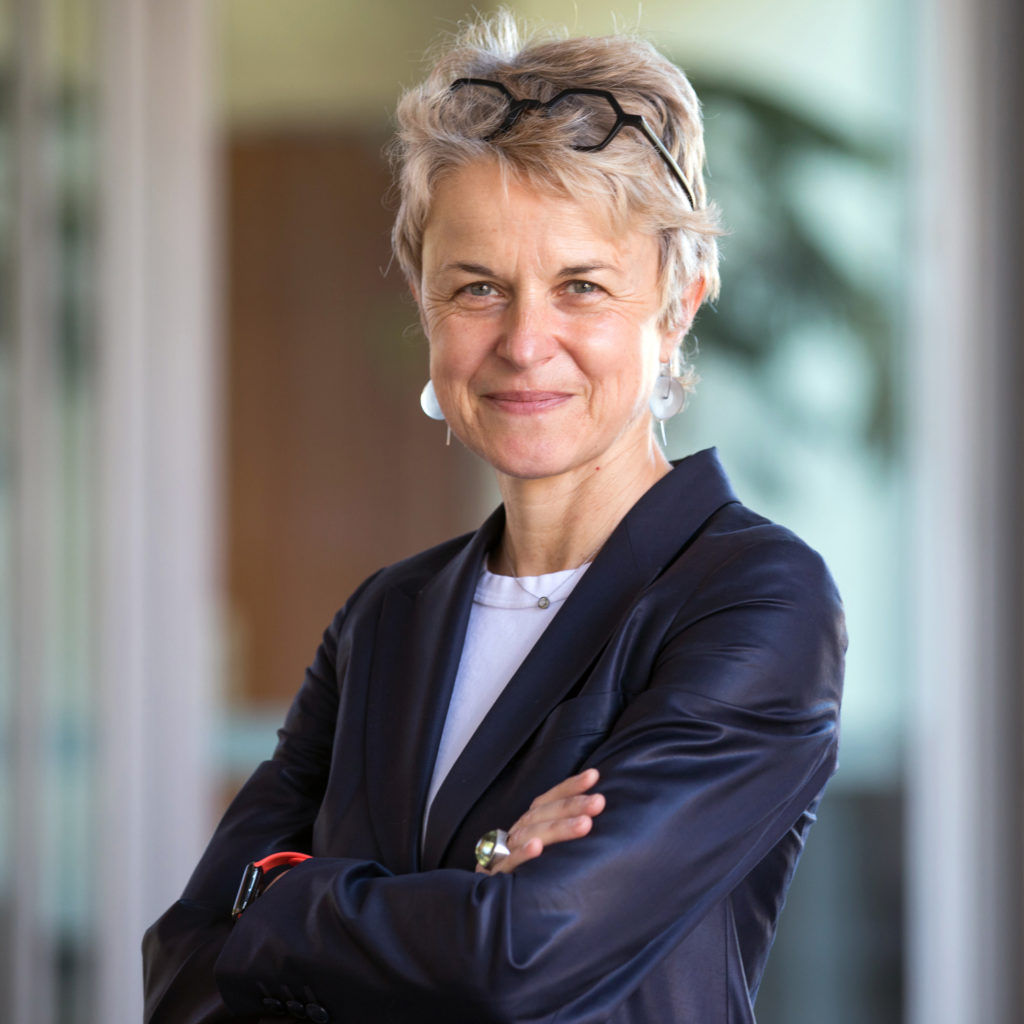
Dr. Melanie Ott trained with tumor virologist and Nobel laureate Harald zur Hausen in Heidelberg/Germany and has focused much of her work on the role of reversible protein acetylation in HIV transcription and identifying molecular mechanisms controlling viral latency. She is the recipient of NIH MERIT and DP1 Avantgarde Awards, a member of the Association of American Physicians and a fellow of the American Academy of Microbiology.
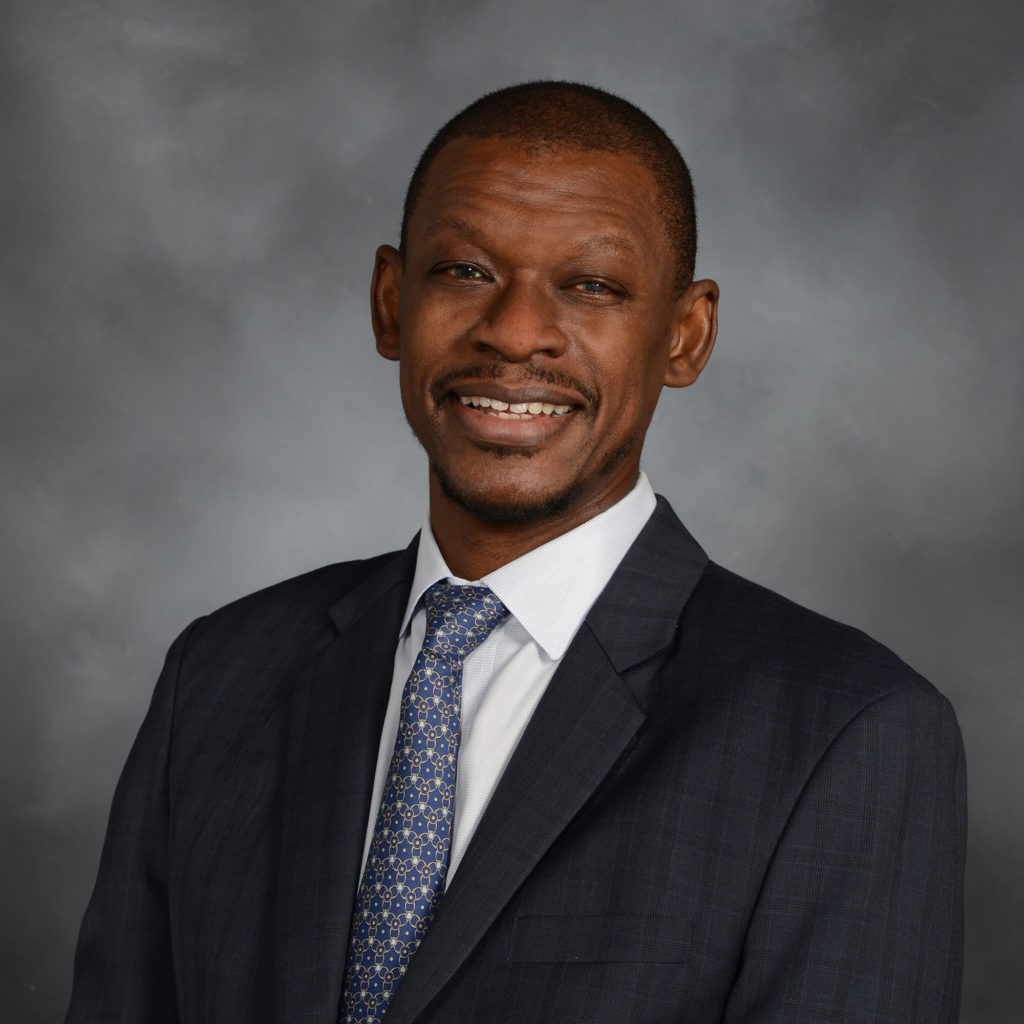
As a translational Immunologist, Dr. Lishomwa Ndhlovu research program is dedicated to confronting the challenges of HIV and aging using immuno-epigenetic approaches to resolve molecular mechanisms of HIV age related complications and viral persistence. He is a member of the International Neuro-HIV Cure Consortium, a global alliance with a mission providing cutting-edge investigation and expertise in central nervous system aspects of HIV infection. His research results have been reported in over 100 peer-reviewed journals and his research is supported by research grants and contracts from the NIH and DoD.
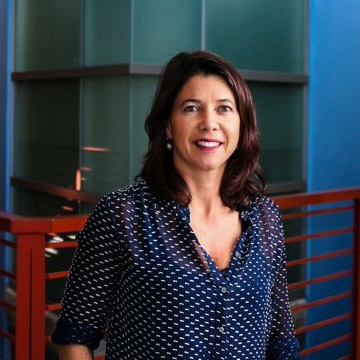
Susana Valente’s research focuses on mechanisms that regulate HIV-1 latency in CD4+T memory T cells and development of antiviral molecules that suppress the latent reservoir. Namely, her laboratory has pioneered the “block-and-lock” approach for a functional HIV cure. She received the American Foundation for AIDS research, Landenberger Foundation, and NIH Career Development Awards. Her laboratory is currently funded with grants from NIH NIAID.
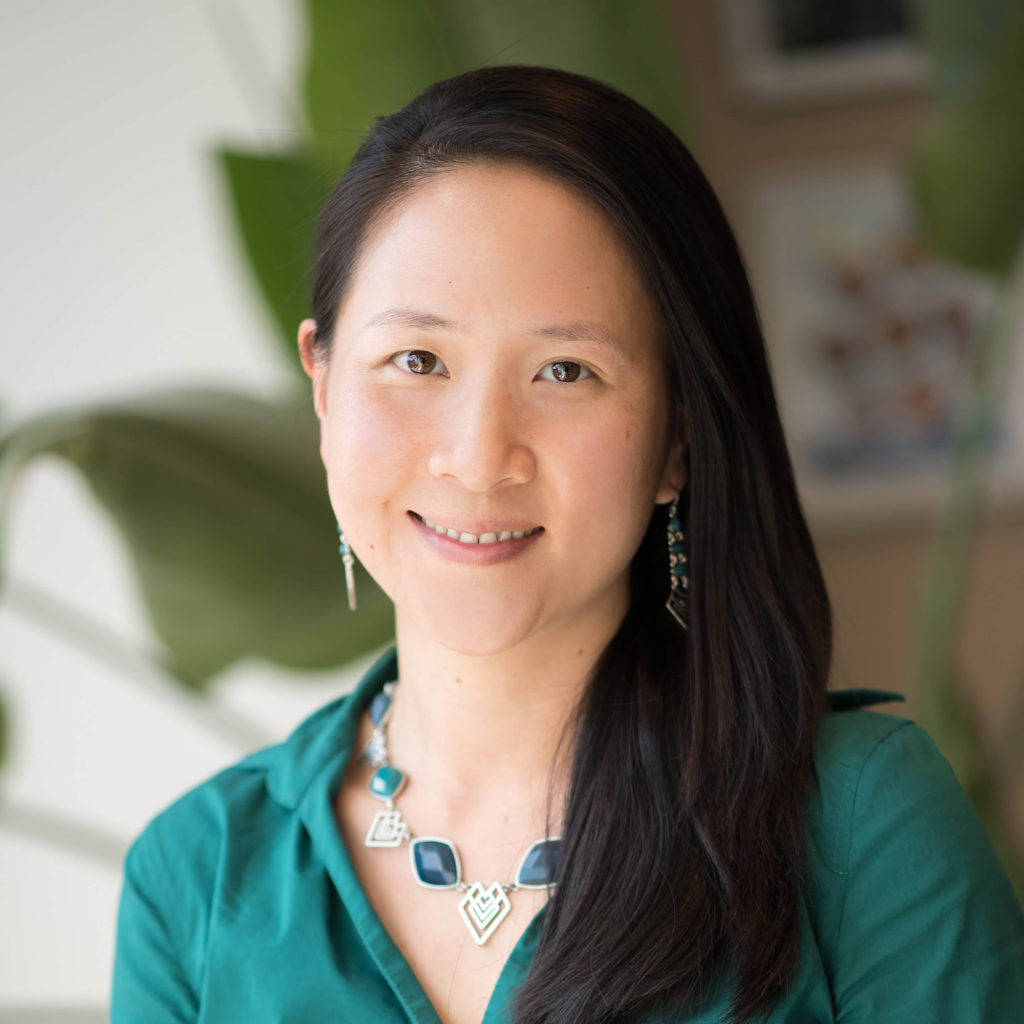
Dr. Nadia Roan is an Associate Investigator at Gladstone Institutes and an Associate Professor at UCSF. Her lab uses a variety of high-dimensional single-cell analysis tools to study the interactions between T cells and HIV in order to better understand factors impacting HIV transmission, pathogenesis, and persistence. As part of the HOPE Collaboratory, her lab will investigate the mechanisms underlying transcriptional silencing of the HIV provirus, and the host features that prevent “block and lock” after a variety of therapeutic interventions.
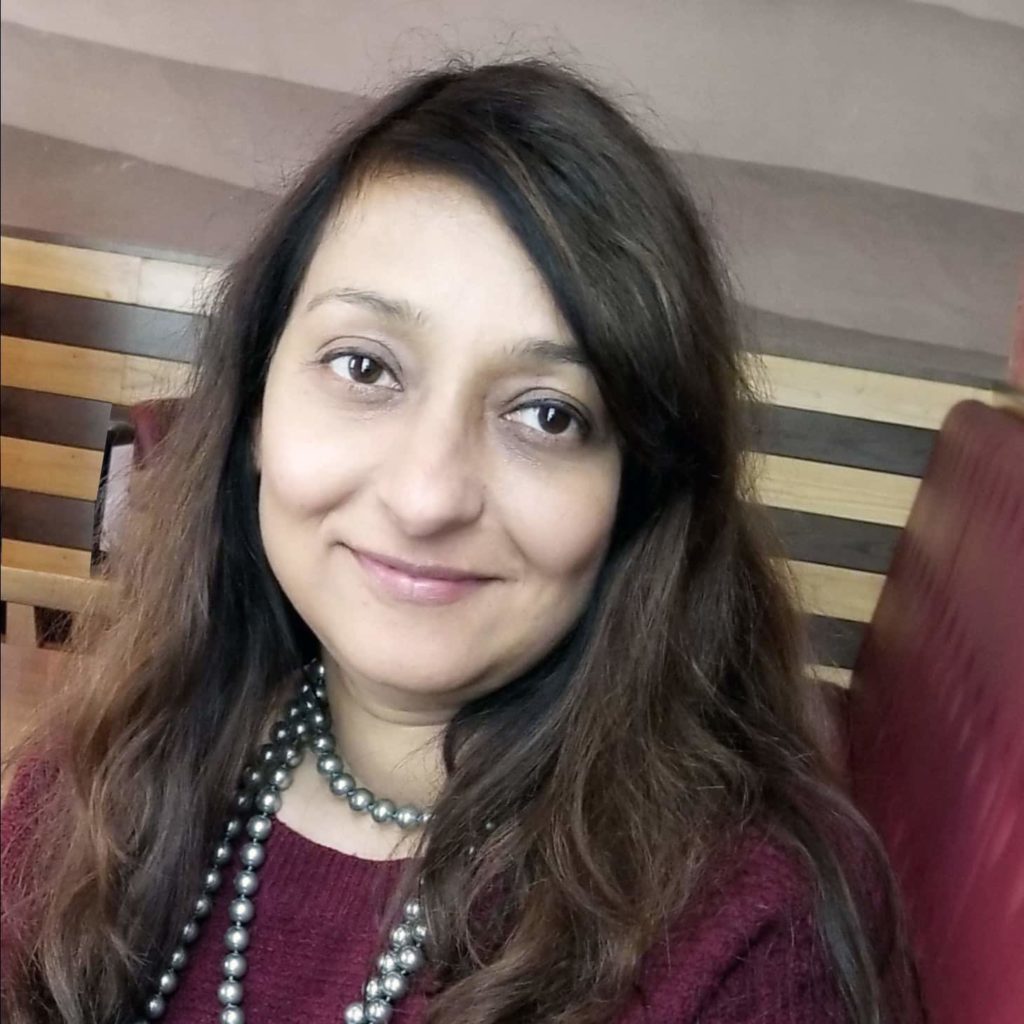
Dr. Priti Kumar is an Associate Professor of Infectious Diseases at Yale University School of Medicine. Her laboratory conducts translational research with a focus on treatment of diseases caused by RNA viruses. She made key contributions towards the development and testing of gene therapy and cure based approaches that overcome in vivo biological barriers to enable the use of next-generation biologicals. Her laboratory is well-recognized for studies on HIV-1 in state-of-the-art humanized mouse models that allow characterization of virus pathogenesis in the context of a human immune system. As part of HOPE she will direct a research program for targeting nucleic-acid editing/modifying molecules to HIV-infected cells and direct studies in humanized mouse models of HIV infection and latency
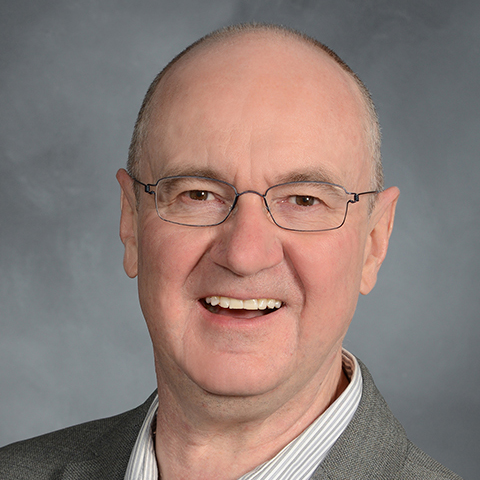
Dr. Doug Nixon is the chair of the scientific advisory board of the Scripps Research Institute’s CHAVD HIV vaccine program, and past chair of the NIH’s AIDS Vaccine Research Subcommittee. He is an NIH MERIT award recipient, and the co-Principal Investigator of the $28 million NIH’s Martin Delaney Collaboratory for HIV Cure grant, “BELIEVE.” He is a Fellow of the American Academy of Microbiology and of the National Institute of Inventors, and elected to the American Society for Clinical Investigation. His group will be working closely with Cedric Feschotte and his team to learn how HERVs may give clues to locking HIV.
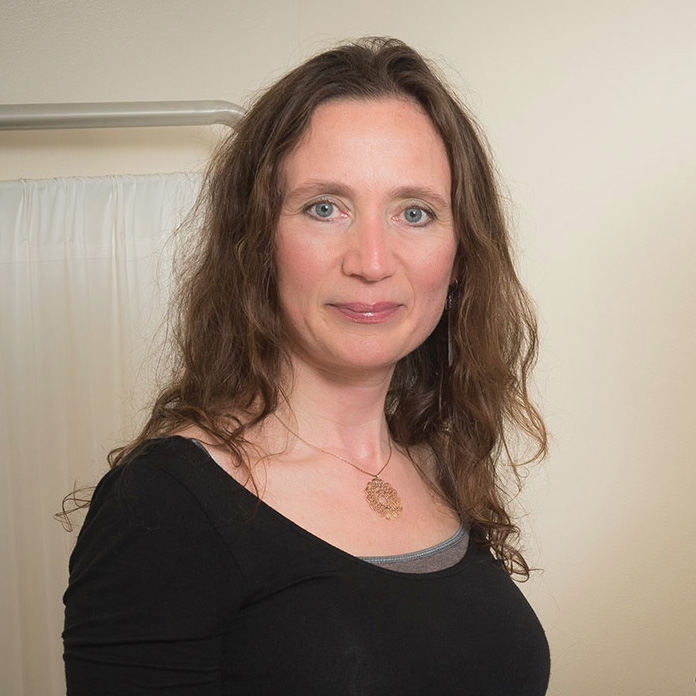
Dr. Patricia Defechereux was the Project Director for the Test and Be Treated study, assessing implementation of RAPID access to HIV care at community sites. She trained as a molecular virologist studying HIV and herpesviruses pathogenesis. She is passionate about social justice and the healing power of the arts, curating events bringing together basic scientists, public health researchers, artists and community members to reflect on barriers to equal access to health. As part of HOPE she will lead the Community activities.
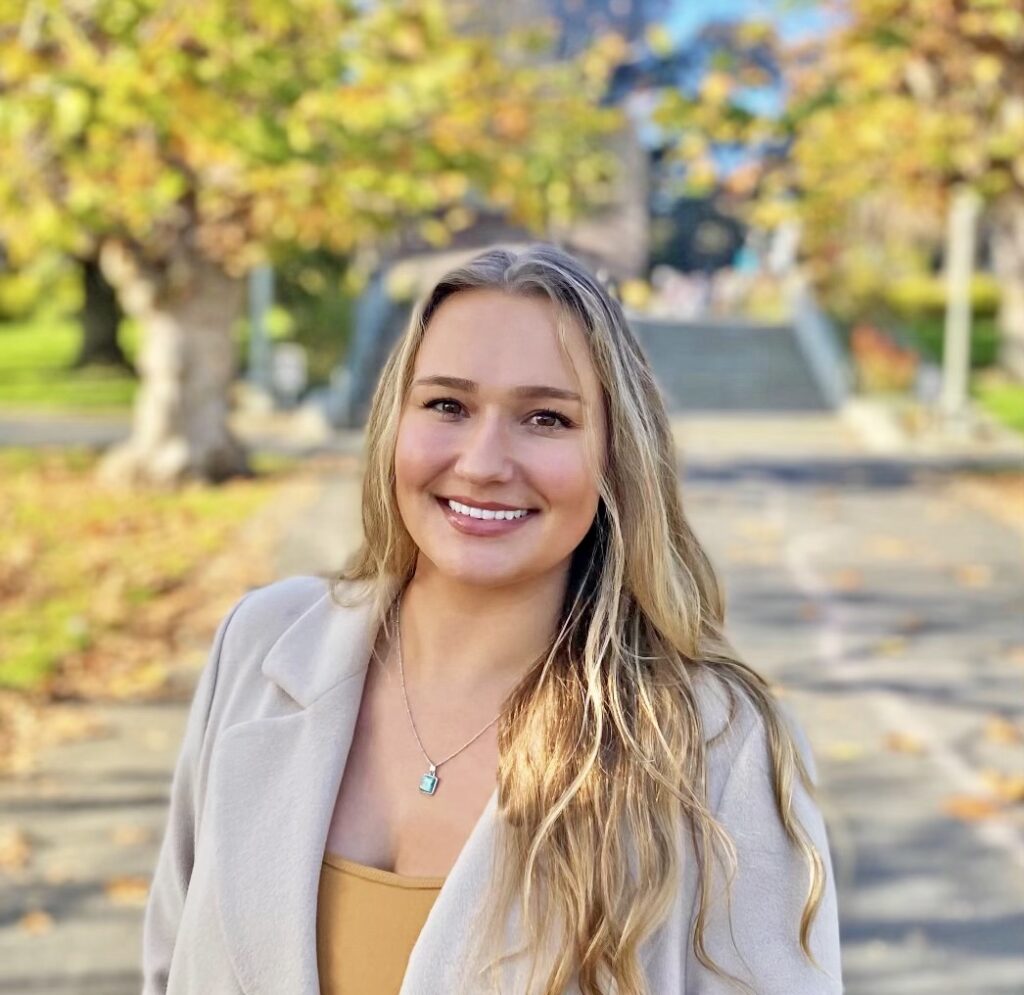
Sydney has a background in the Rare Disease world and is happy to continue her work with a biomedical research organization. Along with supporting labs and operation departments at Gladstone Institutes, she is the Program Coordinator at the HOPE Collaboratory. With the HOPE Collaboratory, she tracks and monitors progress toward milestones, goals, and deliverables, plans events, and coordinates administrative, management, and operations responsibilities.
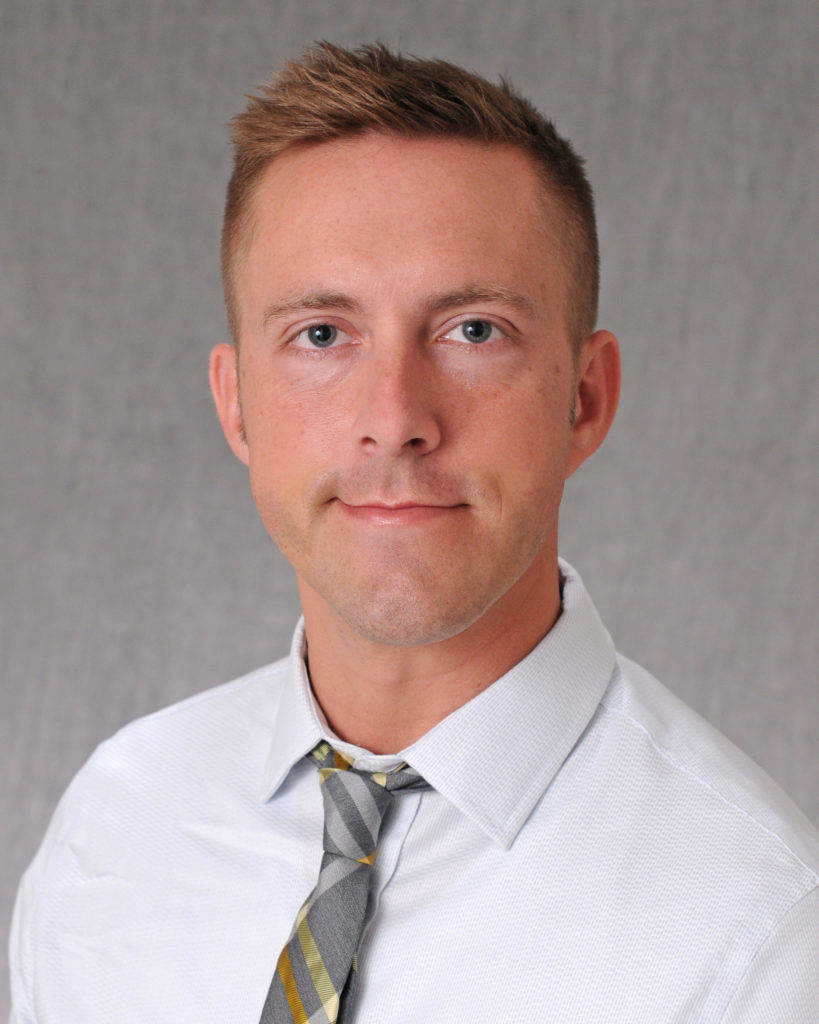
The HOPE Program Manager, Robert Furler O'Brien, has an extensive background in scientific program management. In the last iteration of the NIH Martin Delaney Collaboratories, Dr. Furler O'Brien was the Program Manager for the BELIEVE collaboratory. In addition to program management, he is an Assistant Professor of Immunology at Weill Cornell Medicine. The primary focus of his research is to understand the mechanical and metabolic drivers of immunity to enhance immunotherapeutic approaches to HIV.
